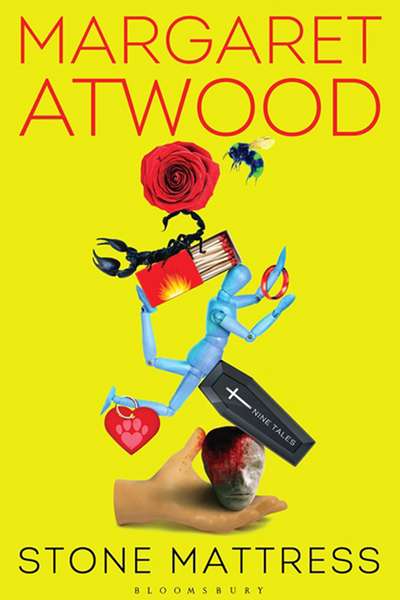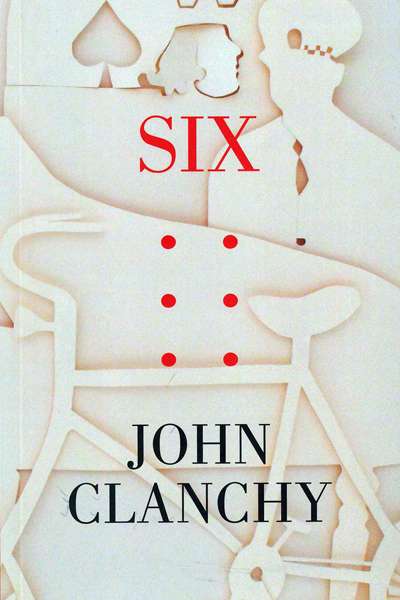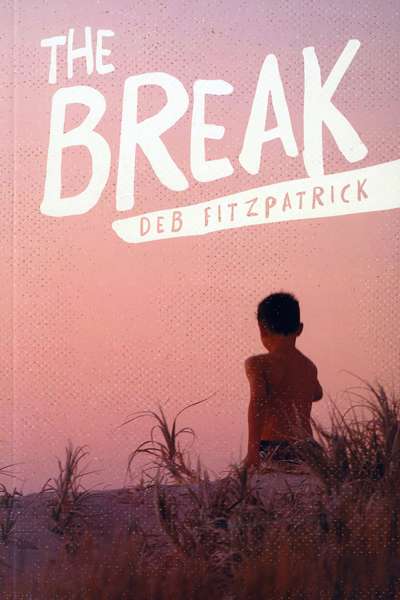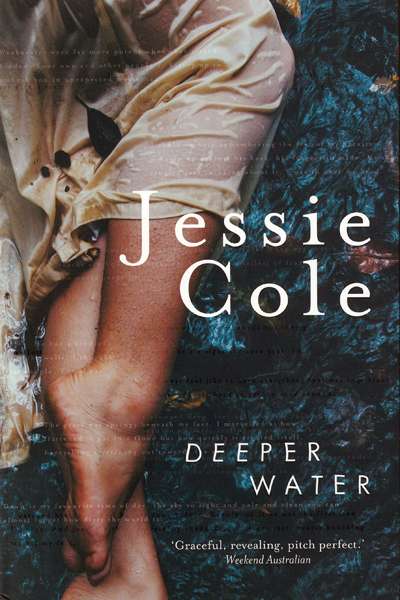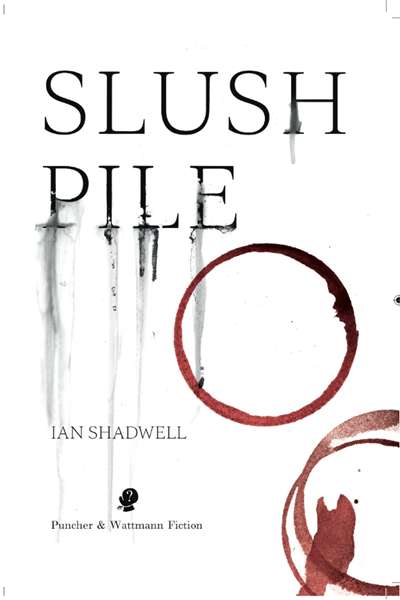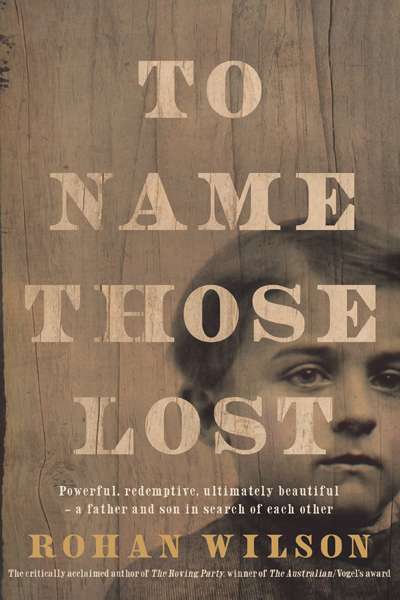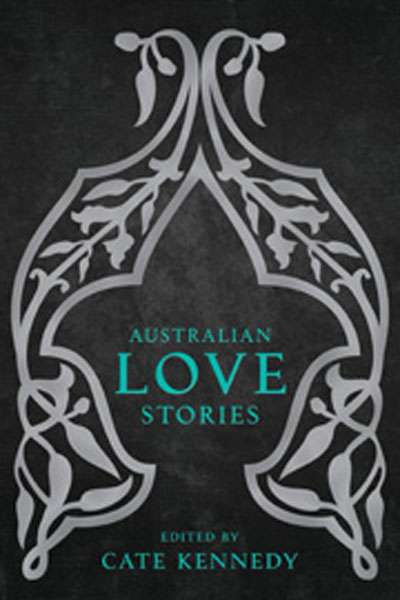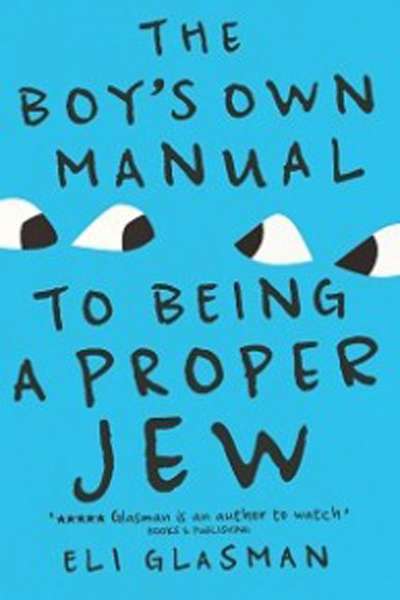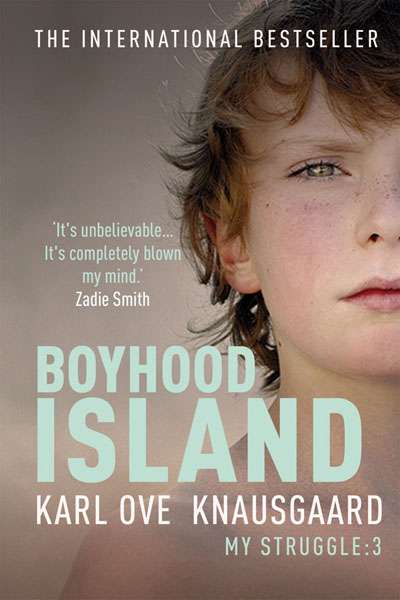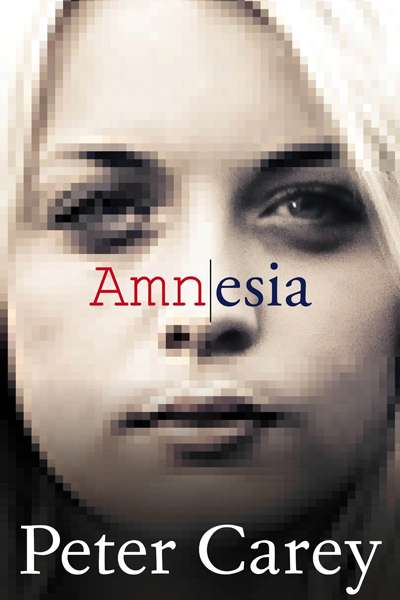Fiction
One swallow doesn’t make a summer, as the stark proverb cautions, but a cockatoo flocking of short stories suggests that the form is perhaps enjoying a revival – and the publishing industry has seized an opportunity. As it should.
In 2013, Alice Munro won the Nobel Prize for literature, lauded as ‘the master of the contemporary short story’. Edna O’Brien’s The Love Object appeared in 2013. New collections by luminaries Hilary Mantel (The Assassination of Margaret Thatcher) and Margaret Atwood have followed in 2014. And for aficionados of the form, there was the splendid brick (733 pages) of collected stories by the quirky American virtuoso of the form, Lydia Davis (do read her – she’s extraordinary), anticipating a trend when it was published by Picador in 2009.
... (read more)At the start of ‘True Glue’, Dale the postie is called a Luddite by his mate and wonders if this is some religious or political splinter group he hasn’t yet heard of, before going home to google it. In ‘Slow Burn’, Daryl Turtle has a troublesome close encounter with a yellow toaster while suffering from ‘man flu’, resulting in a hilarious scene in a chain store when Daryl walks down the aisle in his pyjamas dropping bread, ‘Is it Hansel and Gretel?’ asks a little boy.
... (read more)The Break centres on the story of two families. Rosie quits her job as a journalist in Perth and moves, with her boyfriend, to the Margaret River, where they try to escape the monotony of their city existence. Ferg lives on a fruit orchard with his wife, his son, and his widowed mother. With the arrival of Ferg’s estranged brother Mike, relationships are straining. The characters in The Break struggle to balance the reality of living responsible, productive existences with finding fulfilment in their lives.
... (read more)Deeper Water delivers on its title’s promise of immersion, sensuality, and the liminal. Narrated by Mema, an innocent twenty-two-year-old living on an isolated rural property, the book opens with the arrival of Hamish, a city sophisticate whose car has been washed down a flooding creek. Mema saves Hamish from drowning and takes him into her family home until the floodwater recedes. He soon becomes a catalyst for Mema’s sexual awakening and for her widening understanding of her place in the world.
... (read more)Billed as ‘a satire of literary ambition’, Ian Shadwell’s début novel chronicles the misadventures of Michael Ardenne, an Australian author who has been riding the coat-tails of his Booker Prize-winning first book for more than a decade. Content for years to drain every last drop of goodwill from the book industry, not to mention his long-suffering wife, he has never bothered to pen a follow-up. Instead, he has drunk his way into considerable debt and now spends his days browsing Internet porn and anonymously puffing up his own Wikipedia entry.
... (read more)Rohan Wilson’s To Name Those Lost is a ferocious and brilliant sequel to his The Australian/Vogel’s Literary Award-winning début, The Roving Party (2011), which charted the murderous exploits of John Batman and his crew of cutthroats sent out on a punitive expedition to bring Tasmania’s northern Aborigines to heel, by way of terror and genocidal slaughter. The novel divided opinion: was it a realistic exploration of the dark past and birthing rites of the modern nation of Australia, or a gratuitous exercise in reproducing the trauma visited upon Tasmania’s indigenous population? Some Tasmanians may have tired of the representation of their bonny isle as a crucible of gothic violence and misery. Regardless, there is no denying the raw power and purity of intent of Wilson’s To Name Those Lost.
... (read more)You are perfect for this story. I will never meet you.’ We are invited into Australian Love Stories and into Bruce Pascoe’s erotic reverie with this line from ‘Dawn’. The reader is embraced, as the luxuriating eye of Pascoe’s narrator embraces the recumbent body of the woman beside him. His gaze is illicit, touch forbidden. We are privileged voyeurs, given temporary access to hidden thoughts and lives. Love. This paltry word hardly describes the myriad guises of friendship, affection, homosexual and heterosexual relationship, desire, lust, loneliness, and satisfaction; the gamut of emotions expressed in the twenty-nine stories editor Cate Kennedy selected from the ‘sea of stories’ she received. I do not have enough room here to mention each singular invocation of love by name. Some stories follow the constraints of realism, others are more expressionistic, but each holds a gift – a kernel of some essential truth about the human condition. The ones I mention simply struck a special chord for me.
... (read more)The Boy’s Own Manual to Being a Proper Jew by Eli Glasman
Eli Glasman’s début novel is aimed at a Young Adult audience, but should also enjoy a long life on adult fiction shelves. Seemingly based on Glasman’s own upbringing as an Orthodox Jew in Caulfield, a Melbourne suburb, the book is fascinating in its candid observations of the rituals, strictures, and arcane customs of Orthodox Judaism, particularly those of the Lubavitch sect, with its emphasis on outreach to non-observant Jews and its belief in the imminence of the Messiah.
... (read more)In Boyhood Island, the third volume in Karl Ove Knausgaard’s internationally acclaimed My Struggle cycle, we are taken back to where the series began: an island in southern Norway, seven-year-old Karl Ove and his older brother Yngve live under the tyranny of a cruel and taciturn father in the mid-1970s. Unlike the first volume, A Death in the Family (2012), which stays with young Karl Ove for only a few pages before casting off in many different directions, Boyhood Island follows him from ages seven to thirteen in a rarely broken, linear fashion. It ends neatly on the last day of class for the year, as Karl Ove’s family prepares to leave Tromoya, and he farewells a group of friends.
... (read more)Peter Carey’s new novel, Amnesia, is an odd-shaped – but not misshaped – tale about power and, more particularly, resistance to power. When the veteran leftist journalist Felix Moore writes the story of Gaby Baillieux, a young Australian cyber-activist, he finds himself, like Gaby, a fugitive. As if by magic, Gaby has unlocked Australian and US prison doors; it is Felix’s job, when he’s not guzzling red wine, to make her likeable enough to avoid extradition. But Felix has an independent agenda: using hours of tape recordings made by Gaby and her famous mother, Celine, he fashions his own version of Gaby’s life, taking the sort of liberties you might expect from a journalist with a penchant for writing failed novels and attracting libel writs.
... (read more)
